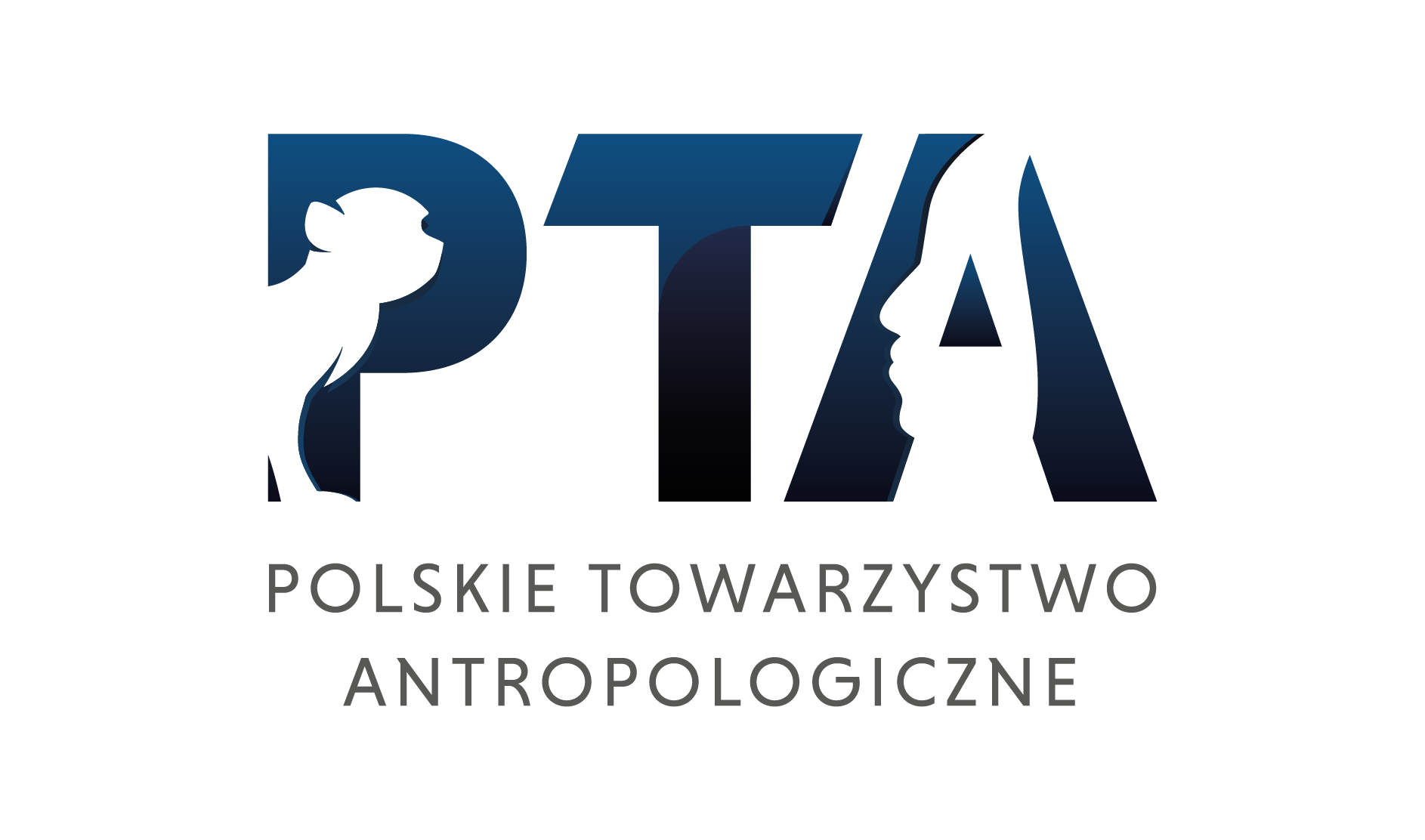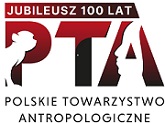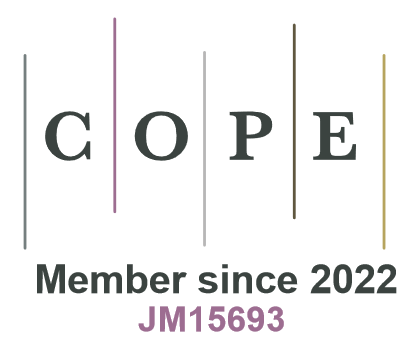Anthropomorphology of fibular muscles (mm. peronei longus et brevis) in man
DOI:
https://doi.org/10.18778/1898-6773.40.1.12Abstract
The authors examined 32 extremities of adult subjects and tried to determine the proportions of filbular muscles and their particular characteristics in relation to the length of tibia. The anthropometric method was applied and the results of investigations statistically analysed. Thus a number of essential asymmetric differences was found especially dimorphic ones in the formation of muscles and in some muscular characteristics certain dependence on the length of fibula was detected.
Downloads
References
Benninghoff A., Lehrbuch der Anatomie des Menschen, Berlin 1949.
View in Google Scholar
Bochenek A., Reicher M. Anatomia człowieka, Warszawa 1958.
View in Google Scholar
Boyd-Hamilton, Texbook of Human Anatomy, London 1956.
View in Google Scholar
Henle J., Zarus anatomii człowieka, Warszawa 1916.
View in Google Scholar
Le Double A. F., Traité des vrariat'ons du système musculaire de l’Homme, Paris 1897.
View in Google Scholar
Loth E., Anthropologie des parties molles, Varsovie-Paris 1931.
View in Google Scholar
Loth E., Badania antropologiczne nad mięśniami Murzynów, Prace Tow. Nauk. Warszawskiego nr 4, Warszawa 1913.
View in Google Scholar
Marciniak T., Anatomia prawidłowa człowieka, Warszawa 1954.
View in Google Scholar
Musiał W., Folia Morph. z. 4, 1963 r.
View in Google Scholar
Różycki S., Morfologia układu mięśnio- wego szympansa, PTEN, Prace Komisji Lekarskiej, t. I, z. 2, 1929.
View in Google Scholar
Testut L., Latarjet A. Traité d’anatomie humaine, Paris 1928.
View in Google Scholar
Downloads
Published
How to Cite
Issue
Section
License

This work is licensed under a Creative Commons Attribution-NonCommercial-NoDerivatives 4.0 International License.








